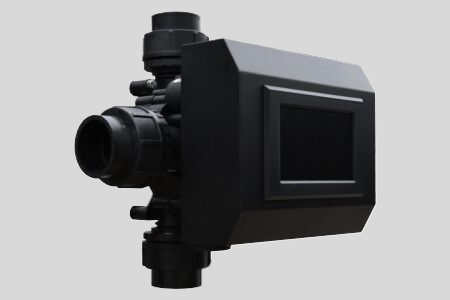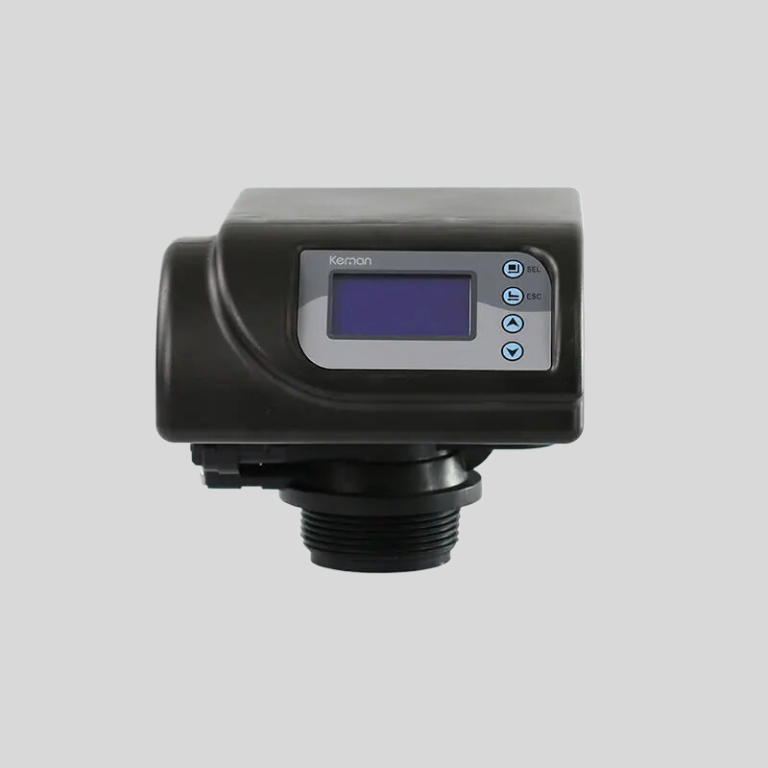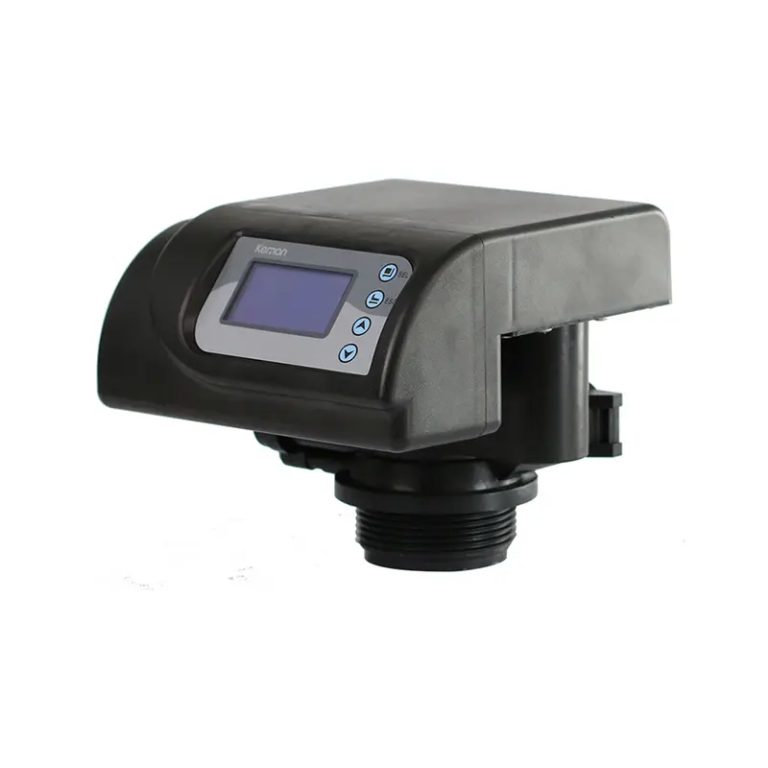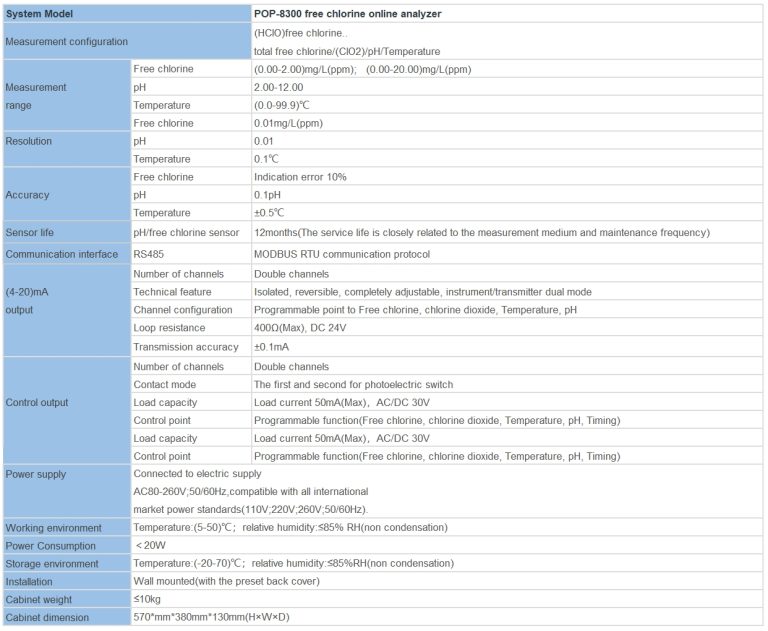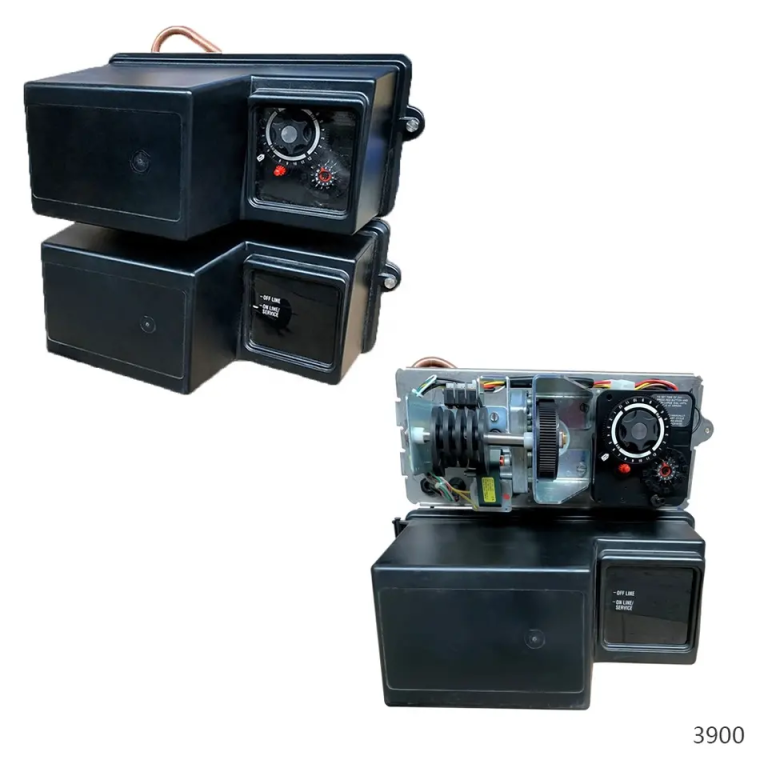Table of Contents
Understanding the Functionality and Applications of Solenoid Flow Control Valves
Solenoid flow control valves are integral components in many industrial processes, playing a crucial role in controlling the flow of liquids or gases. These electromechanical devices are designed to regulate the flow rate in a system, ensuring optimal performance and efficiency. Understanding the functionality and applications of solenoid flow control valves can provide valuable insights into their importance in various industries.
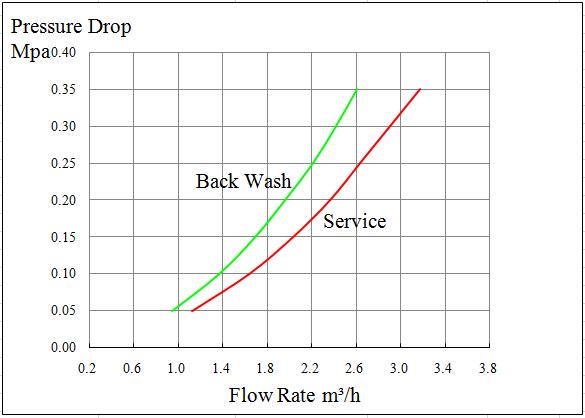
A solenoid flow control valve operates on a simple principle. It consists of a solenoid – an electromagnetic coil that generates a magnetic field when an electric current is passed through it – and a valve. The solenoid acts as an actuator, opening or closing the valve to control the flow of the medium. When the solenoid is energized, it creates a magnetic field that moves a plunger inside the coil, thereby opening or closing the valve. This mechanism allows for precise control of the flow rate, making solenoid valves ideal for applications that require accurate flow regulation.
One of the key advantages of solenoid flow control valves is their fast and reliable operation. They can be opened or closed in milliseconds, providing immediate response to changes in the system. This rapid action makes them suitable for applications where quick response times are critical, such as in safety systems or process control applications. Moreover, solenoid valves are known for their durability and long service life, making them a cost-effective choice for many industries.
Solenoid flow control valves find extensive use in a wide range of applications. In the manufacturing sector, they are used in automated assembly lines to control the flow of coolant, lubricants, or other fluids. In the chemical industry, they regulate the flow of corrosive or hazardous substances, ensuring safe and efficient operations. In the medical field, solenoid valves are used in devices like ventilators and dialysis machines to control the flow of air or fluids. They are also used in HVAC systems to regulate the flow of refrigerant, and in irrigation systems to control the flow of water.
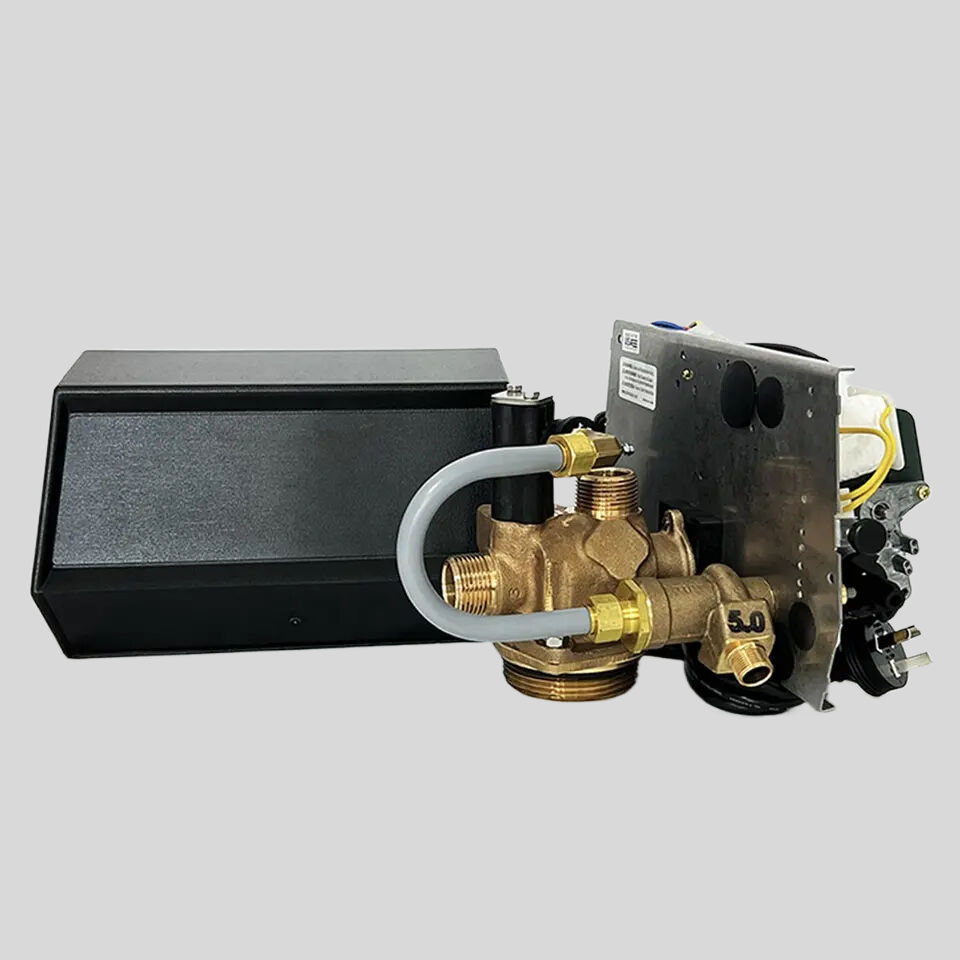
The versatility of solenoid flow control valves is further enhanced by the availability of different types to suit specific applications. Direct-acting solenoid valves, for instance, are ideal for systems with low flow rates, while pilot-operated solenoid valves are suitable for systems with high flow rates. Similarly, normally closed solenoid valves are used in systems where the default state of the valve should be closed, while normally open solenoid valves are used in systems where the default state should be open.
| Model | Central tube | Drain | Brine tank connector | Base | Maximum power | Operating temperature |
| 2510 | 1.05″ (1″)O.D. | 1/2″O.D. | 1600-3/8″ | 2-1/2″-8NPSM | 72W | 1℃-43℃ |
| 1650-3/8″ |
In conclusion, solenoid flow control valves are indispensable tools in many industrial processes, offering precise control over the flow of liquids or gases. Their fast and reliable operation, coupled with their durability and versatility, make them a preferred choice for a wide range of applications. By understanding the functionality and applications of solenoid flow control valves, one can appreciate their role in enhancing the efficiency and safety of various systems.
The Role of Solenoid Flow Control Valves in Industrial Automation
The solenoid flow control valve is a critical component in the realm of industrial automation, playing a pivotal role in controlling the flow of liquids and gases in various industrial processes. These valves, which are electrically operated, are designed to regulate the flow rate in a system, thereby ensuring the smooth and efficient operation of machinery and equipment.
The solenoid flow control valve operates on a simple yet effective principle. When an electrical current is passed through a coil, it generates a magnetic field that moves a plunger inside the valve, opening or closing it. This action allows for the precise control of fluid or gas flow, making it an indispensable tool in many industrial applications.
One of the primary advantages of solenoid flow control valves is their ability to provide rapid and accurate response times. This is particularly beneficial in industrial automation, where the speed and accuracy of operations are paramount. The quick response time of these valves ensures that the flow of fluids or gases is regulated promptly, thereby preventing any potential disruptions or inefficiencies in the production process.
Moreover, solenoid flow control valves are known for their versatility. They can be used in a wide range of applications, from controlling the flow of water in irrigation systems to regulating the flow of oil in petroleum industries. This versatility is largely due to the fact that these valves can be customized to meet specific operational requirements. For instance, they can be designed to handle different types of fluids, operate under varying pressure conditions, and accommodate different flow rates.
Another significant advantage of solenoid flow control valves is their reliability. These valves are designed to withstand harsh industrial environments and operate effectively under extreme conditions. This reliability is crucial in industrial automation, where any equipment failure can result in significant downtime and financial loss.
Furthermore, solenoid flow control valves contribute to the safety of industrial operations. By accurately controlling the flow of potentially hazardous liquids and gases, these valves help prevent accidents and ensure the safety of workers. For instance, in the chemical industry, solenoid valves can control the flow of corrosive or toxic substances, thereby reducing the risk of exposure to these harmful materials.
In addition to their functional benefits, solenoid flow control valves also offer economic advantages. They are relatively inexpensive to install and maintain, making them a cost-effective solution for flow control in industrial automation. Moreover, by improving the efficiency of operations and reducing the risk of equipment failure, these valves can contribute to significant cost savings in the long run.
| Model | Central tube | Drain | Brine tank connector | Base | Maximum power | Pressure |
| 2850 | 1.9″(1.5″)O.D. | 1″NPTM | 3/8″ & 1/2″ | 4″-8UN | 72W | 2.1MPa |
| 2850 | 1.9″(1.5″)O.D. | 1″NPTM | 3/8″ & 1/2″ | 4″-8UN | 72W | 0.14-0.84MPa |
In conclusion, solenoid flow control valves play a crucial role in industrial automation. Their ability to provide rapid and accurate flow control, their versatility, reliability, and contribution to safety, as well as their economic benefits, make them an invaluable tool in various industrial processes. As industrial automation continues to evolve and advance, the importance of solenoid flow control valves is likely to grow even further, underscoring their pivotal role in this field.

